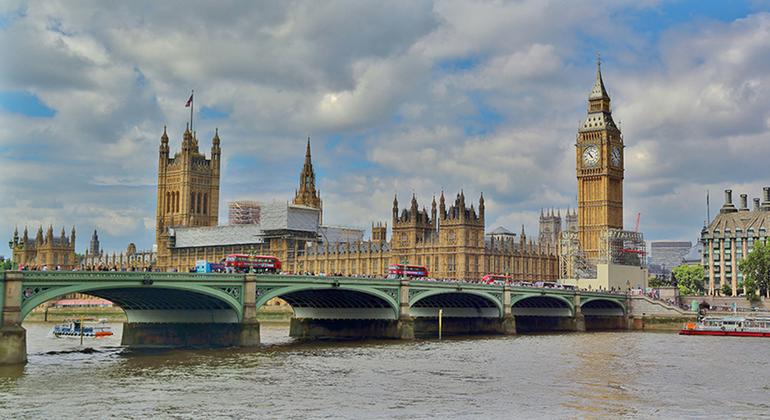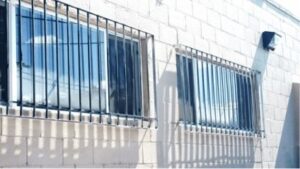Here’s the translation of the provided text into American English:
—
The United Nations High Commissioner for Human Rights, Volker Türk, has expressed his concern over the recent ban imposed by the UK government on the group Action Palestine. Türk argues that this measure conflates freedom of expression with acts of terrorism and has urged British authorities to reconsider and revoke this decision. According to him, the ban impacts the fundamental rights of many individuals who support Action Palestine without having engaged in criminal activities.
The ban was established under the Terrorism Act of 2000, following incidents that occurred at a military airfield in June, where some members of the group vandalized military aircraft. The legal repercussions of this ban are severe: being a member of the group, showing support, or displaying symbols related to it is considered a crime, leading to fines and prison sentences of up to 14 years.
Türk contends that while the definition of terrorism in UK legislation is broad, for an act to be classified as such, it must intend to cause harm or intimidate the public. In his view, the government’s decision is disproportionate and restricts the exercise of fundamental rights such as freedom of expression and the right to peaceful assembly.
The High Commissioner also believes that this ban represents an unacceptable restriction on human rights, violating the UK’s international obligations in this area. Türk warned that such a measure could inhibit the freedom of expression and legal association of many individuals who might otherwise engage in peaceful support activities.
Since the ban came into effect on July 5, there have been reports of at least 200 people being arrested under this law, many of whom were detained during peaceful protests. Türk concluded his statement by calling for a review of UK anti-terrorism legislation to ensure it aligns with international human rights standards.
via: MiMub in Spanish











